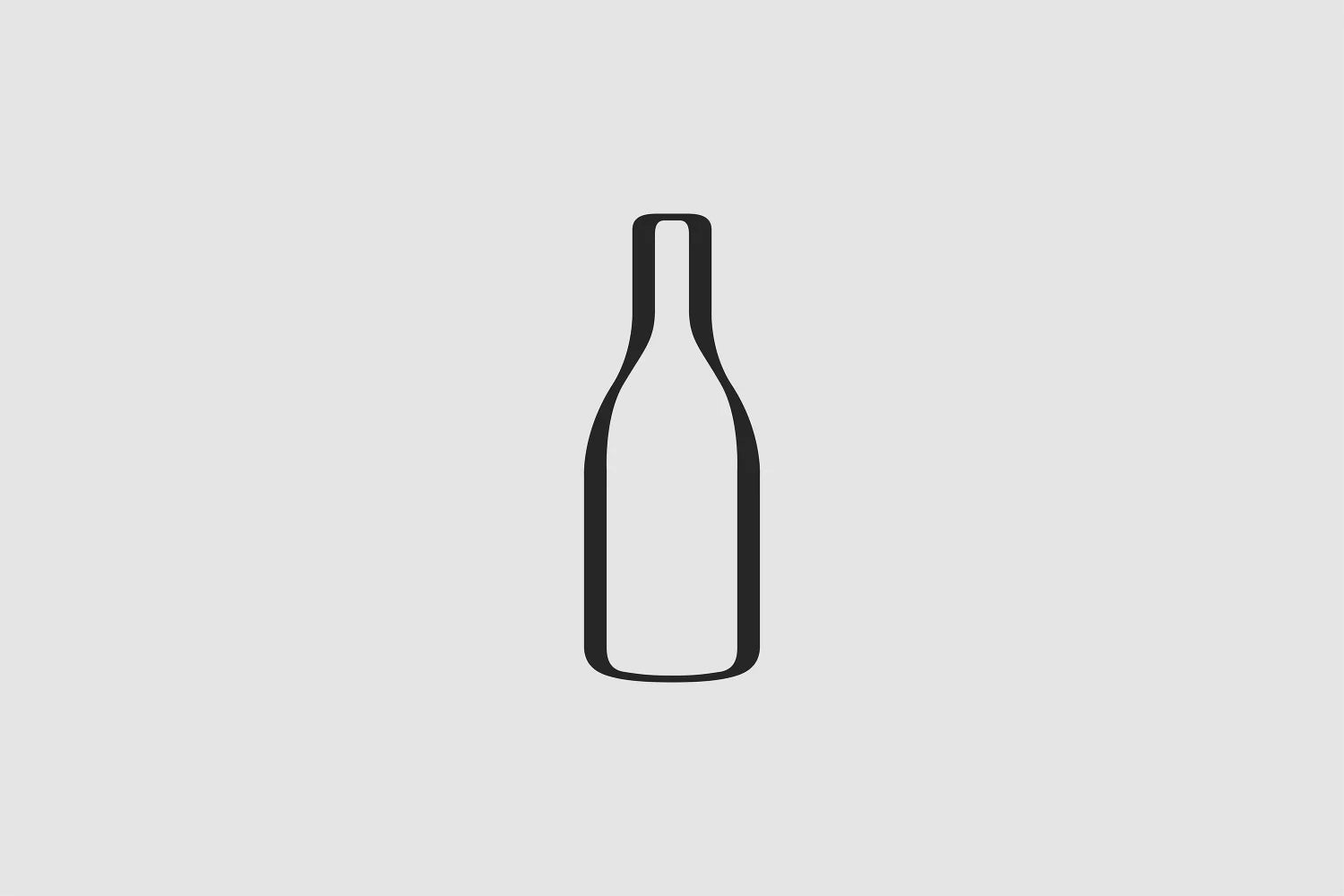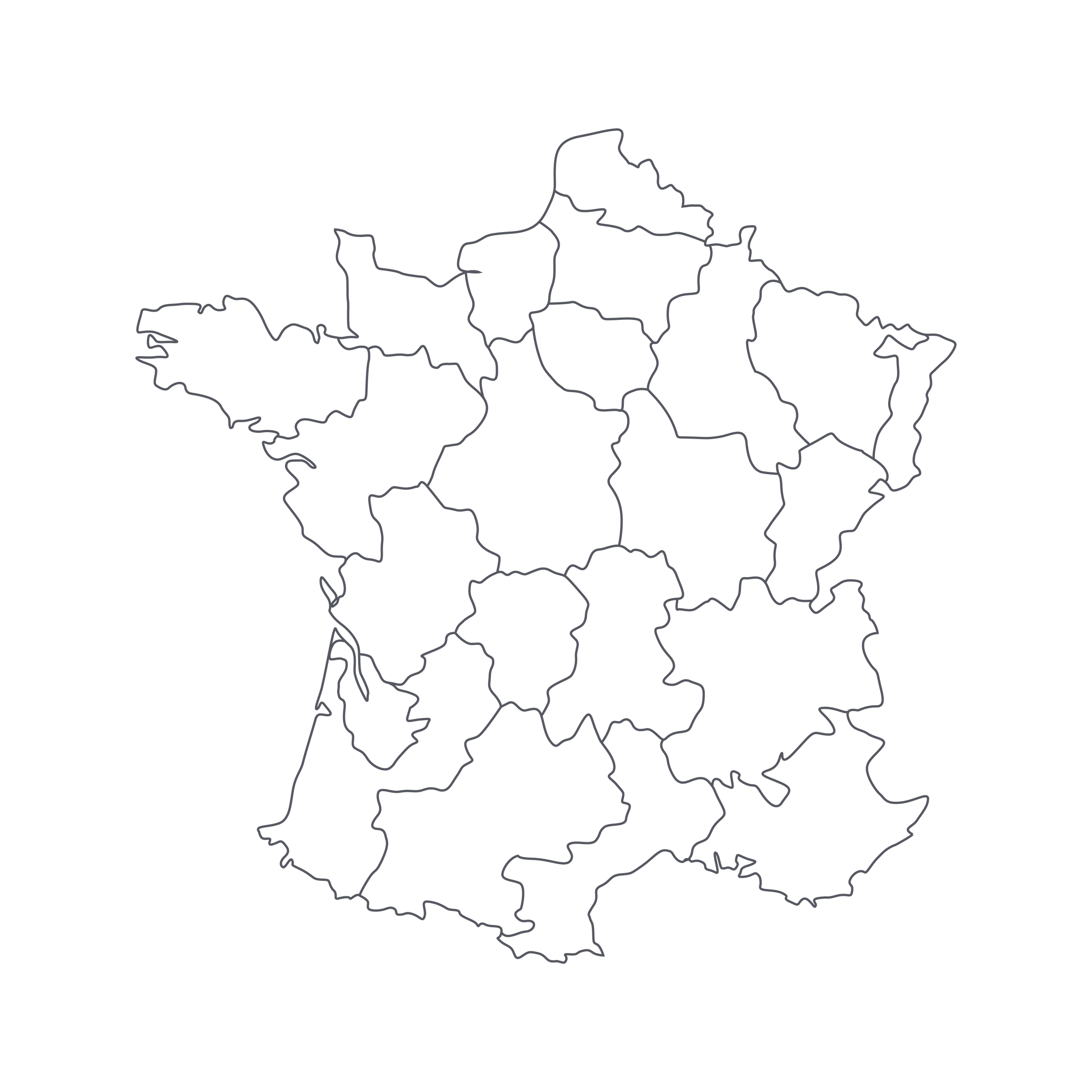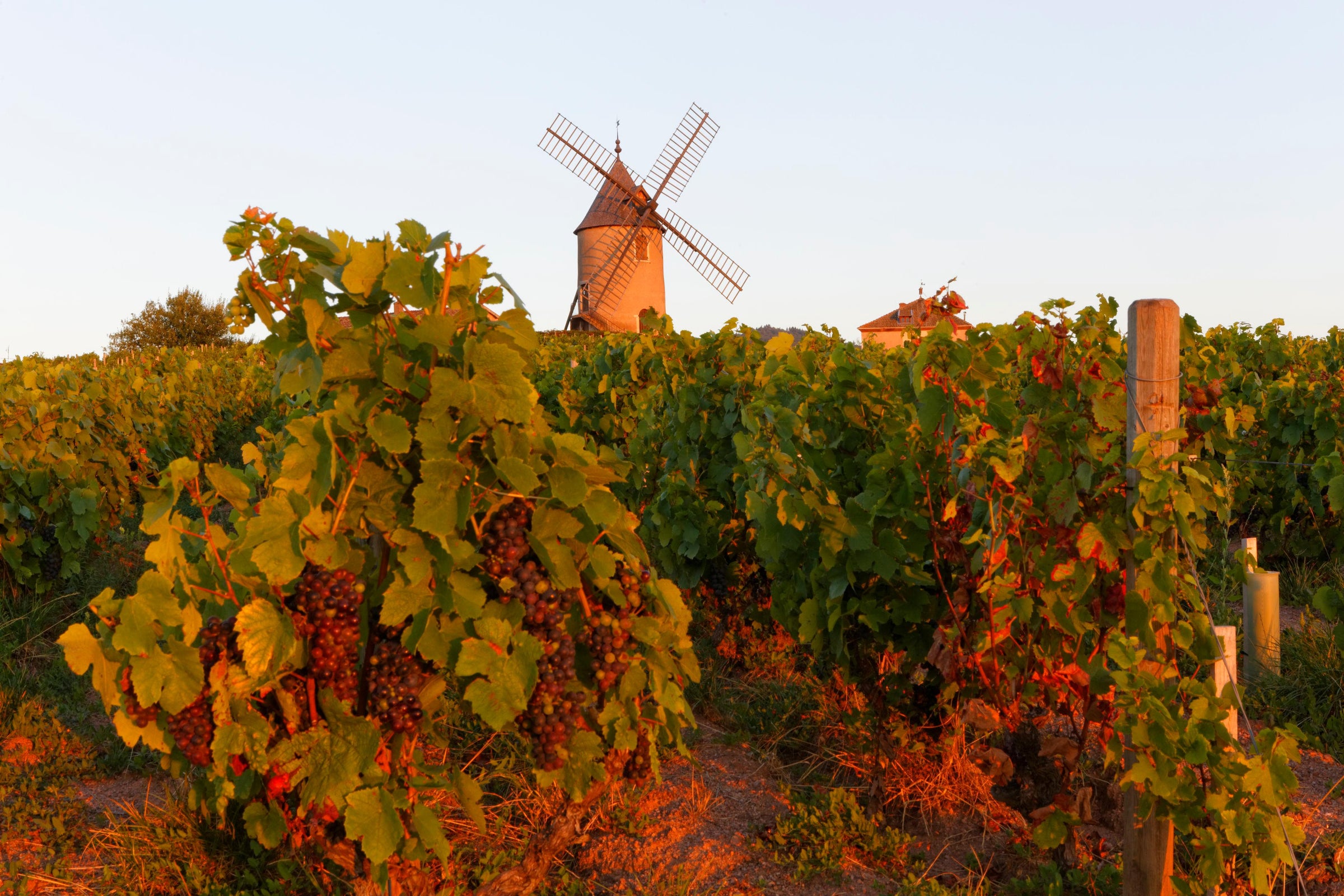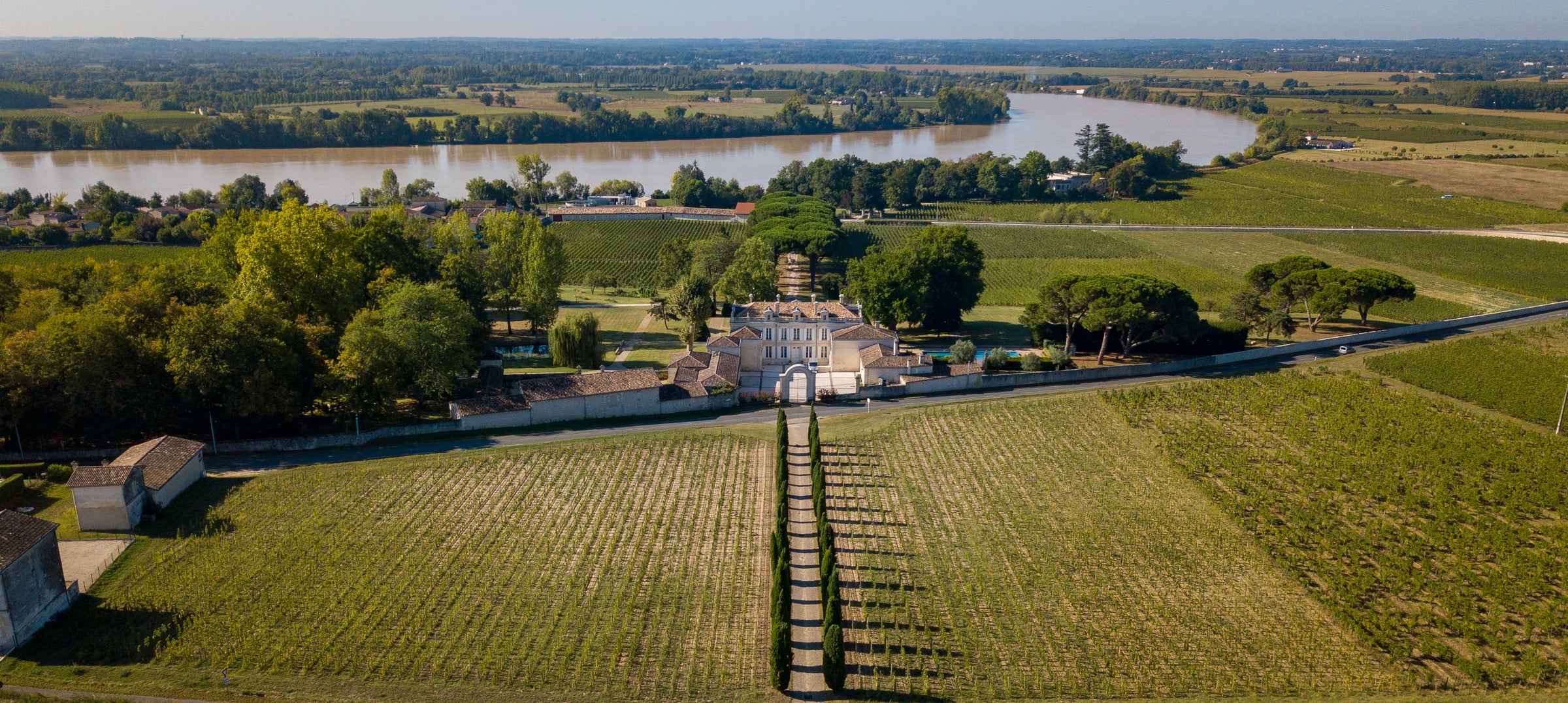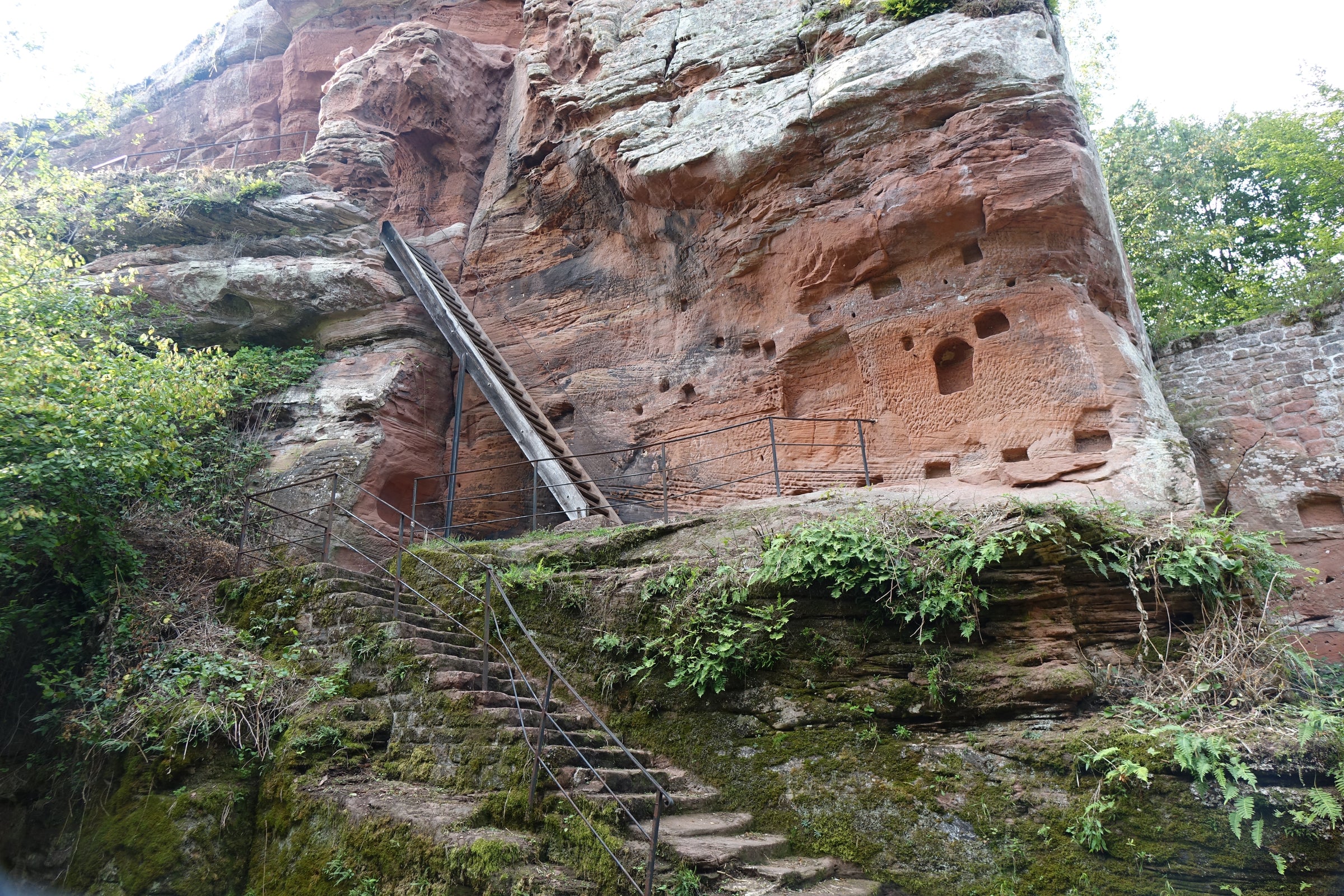Prior to producing wines from his native soils, Élian da Ros spent five years at the world-famous Domaine Zind-Humbrecht in Alsace, France. In 1998, his father was diagnosed with Leukemia and he decided to return to the Côtes du Marmandais. After his father passed shortly thereafter, Élian became convinced that the use of chemicals in the vineyards were a contributing factor to his death. As a result, Élian transformed the family’s vineyards, which were previously a source for local co-ops, into an entirely organic estate. He immediately witnessed a transformation in the fields; the vines began to thrive as they never had before. Following the conversion, Élian began crafting his own wines and has since become a pioneer for quality wine production that has totally revitalized the appellation. His blends are pure expressions of the clay-based, gravelly soils and a stunning nod to the great wines of Bordeaux that simultaneously maintain the footprint of his unique terroir.
My friend Nadia, who imports this wine, recently expounded on Élian’s philosophy as a vigneron and winemaker, “Élian’s winemaking is informed by his own curiosity and constant tasting, the first indication of a thoughtful and inquisitive winemaker. The inspiration to tinker with some details of the winemaking for each cuvée might vary from year to year, but the blends and the provenance of fruit for each cuvée remain the same.” Élian’s dedication to organic viticulture is followed through with meticulous care in the vineyard and in maintaining yields that are less than half of the AOC maximum at 15-35 hl/ha. Consequently, the density and pleasurable texture to his wines are unparalleled in the region, which also explains the price point that is higher than many of the local producers. Today’s wine is comprised of Merlot, Cabernet Sauvignon, Malbec and a splash of Syrah, which lends added complexity. A serious bottling that outshines any other red wine produced anywhere close to this region, the 2011 Chante Coucou is virtually impossible to stop drinking. Every sip delivers a new discovery of flavor while the price-to-quality is unparalleled in the appellation.
The Chante Coucou exhibits a dark ruby core with purple hues that move to a slight garnet reflection on the rim. The aromas are earth driven and quite reminiscent of old school Bordeaux, but even more earth driven and floral. Notes of red and blackcurrants, fresh violets, tar, leather, tobacco, pencil lead, crushed gravel and wet clay fill the glass in a very savory way over a hint of meat and black pepper mingle in the background. The palate is medium-plus in body and tastes of black earth, with flavors similar to the nose along with additional notes of blackberry, decomposed flowers, cedar and crushed stones. This wine should be decanted for at least thirty minutes and served at about 60-65 degrees in a Bordeaux stem with food for the ideal experience. The 2011 Chante Coucou will begin to hit its peak in about 2-3 years, but it should drink beautifully for another decade if kept well. I would advise drinking a bottle in its youth and forgetting about the rest for at least a year or two. Just like great Bordeaux, when this wine hits 7-8 years of age something magical will happen and the wine greatly softens—so be patient it is worth it. For an epic pairing while this wine is in its youth, prepare
this classic Cassoulet and invite over your closest friends on a upcoming winter night.
